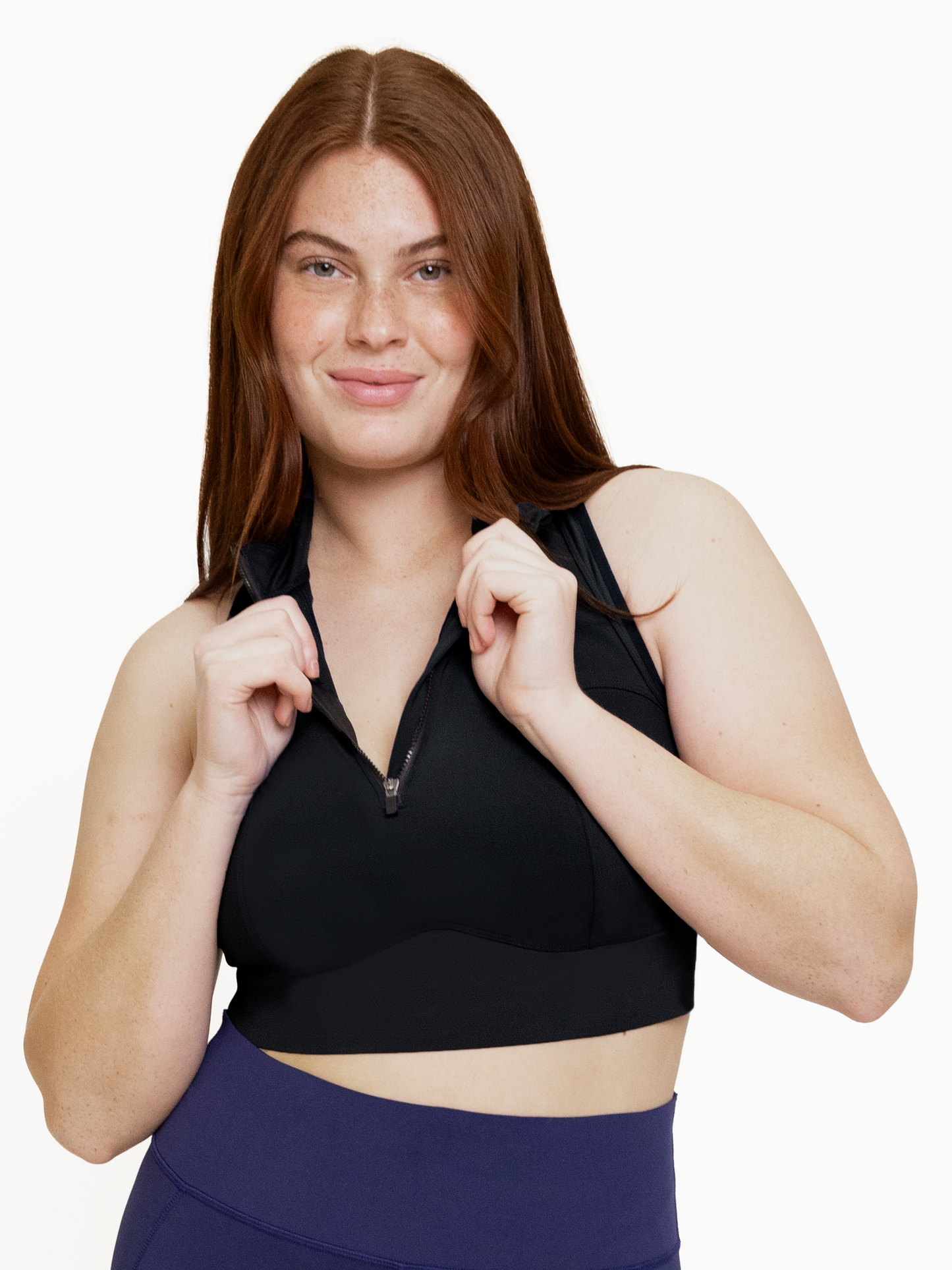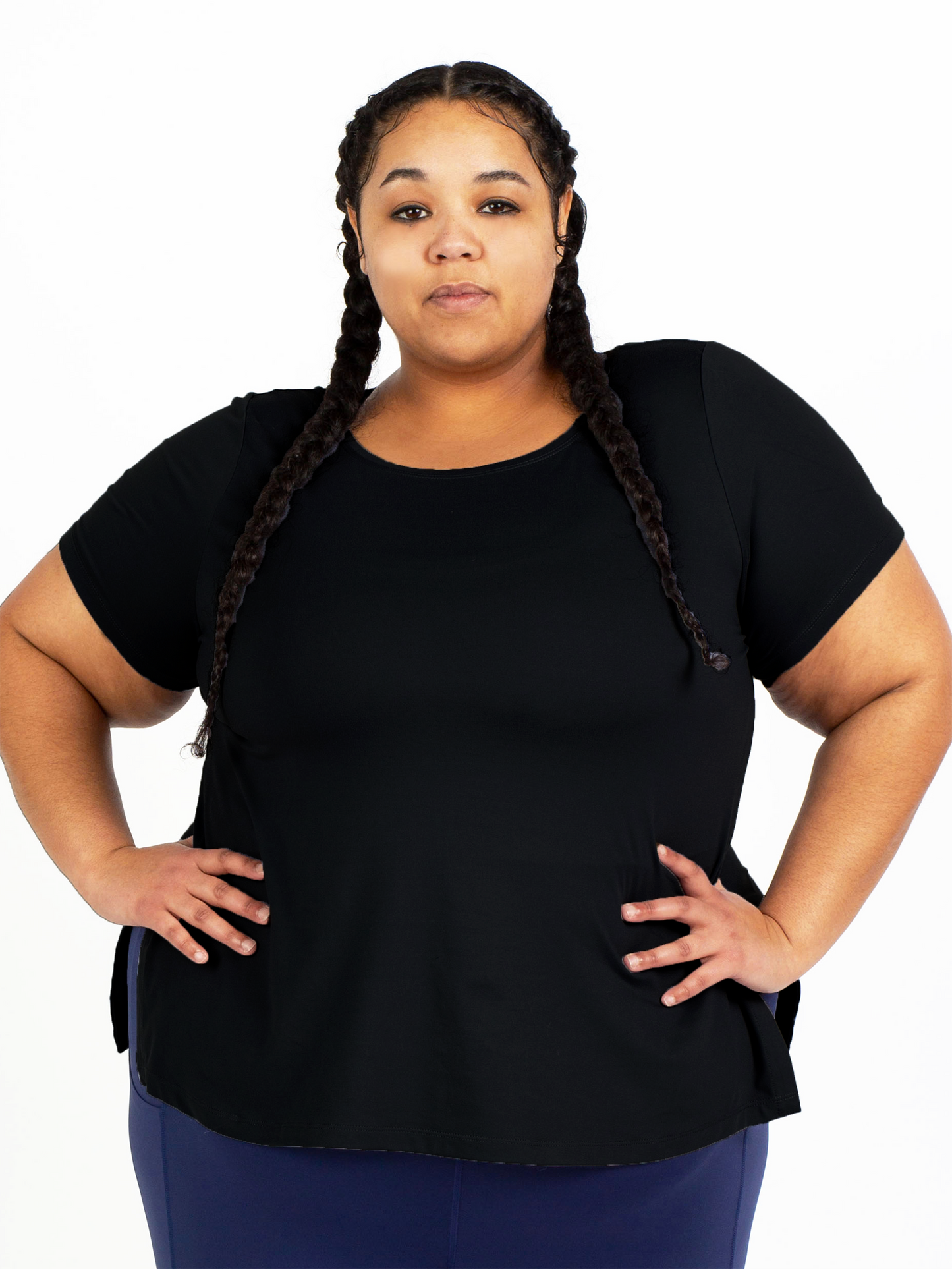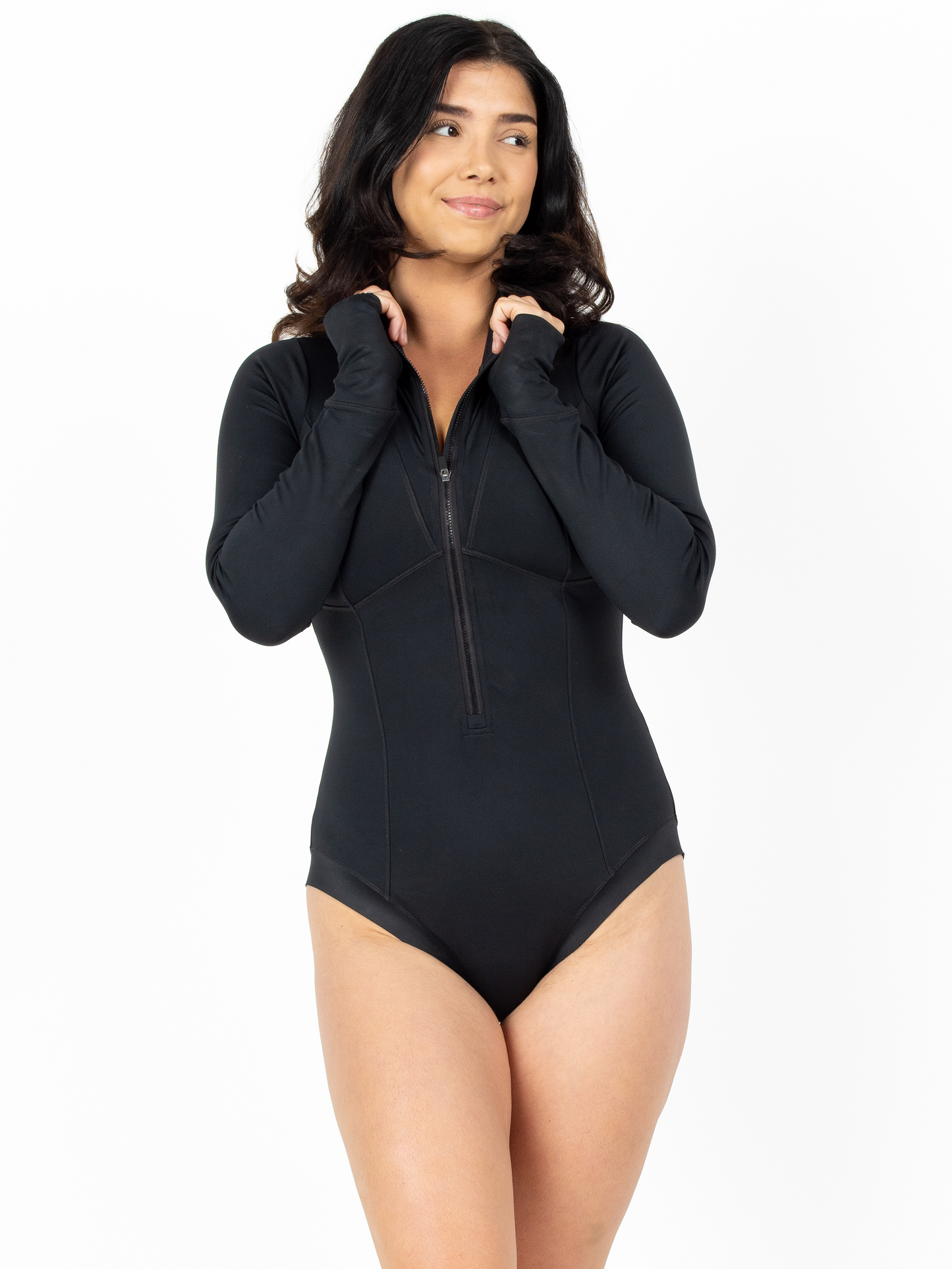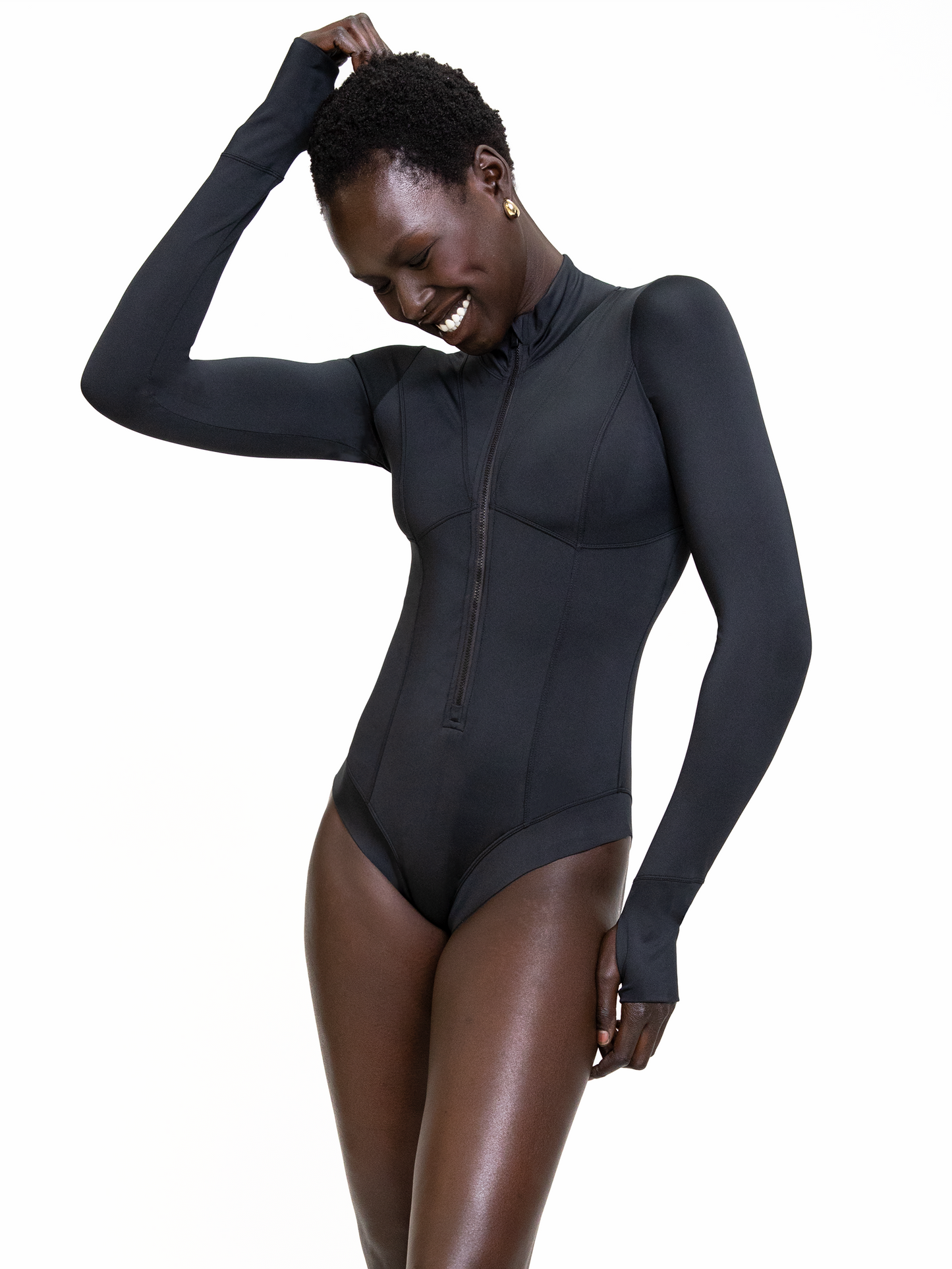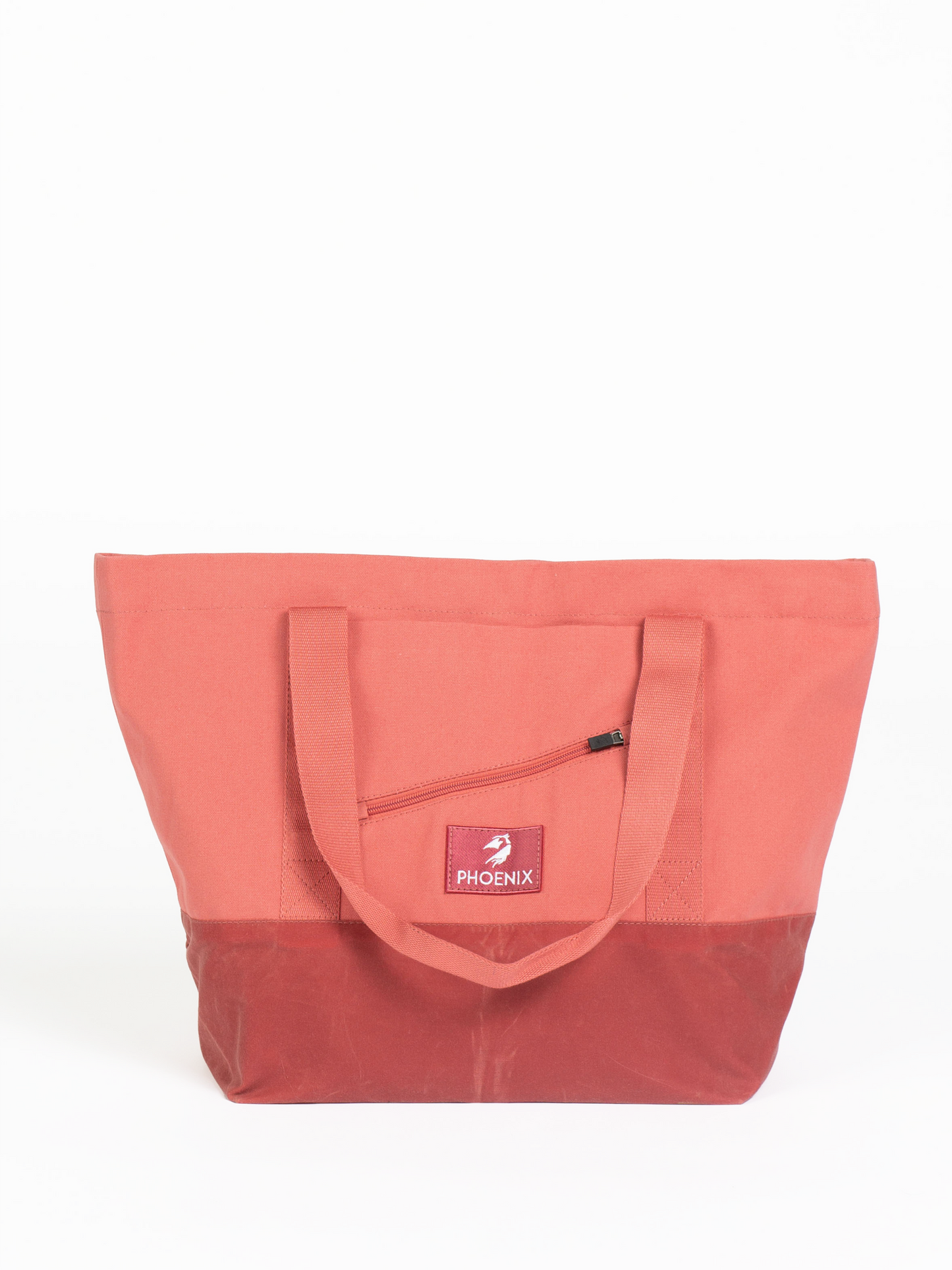
Do you have trouble determining if your clothing is good quality? There are complexities and nuances involved in evaluating what constitutes a high-quality garment. Quality clothing encompasses various factors beyond construction and fabric. Here are some attributes to look for.

Attributes to Look for
- The choice of fabric is crucial in determining the quality of clothing. Natural fibers like cotton, wool, silk, and linen are often associated with quality due to their comfort, breathability, and durability. However, modern synthetic fibers can also offer high performance and comfort when used appropriately.
- Quality assessment now extends to the environmental and ethical aspects of clothing production. Consumers increasingly consider factors like the sustainability of materials, fair labor practices, and the overall environmental impact of the garment.
- Some countries have established reputations for producing high-quality clothing. Country of origin labels, such as "Made in Italy" or "Made in the UK," are often associated with craftsmanship and quality. However, it's important to note that quality clothing can come from various regions, and the label alone does not guarantee quality.

- Attention to detail is a hallmark of quality clothing. Look for signs of careful craftsmanship, such as neat stitching, well-finished seams, and precise buttonholes. These details often indicate a higher level of quality.
- Quality clothing should fit well and be comfortable to wear. Garments should be cut to flatter the body and allow for ease of movement. Fit and comfort are subjective but crucial aspects of quality.
- Quality clothing is designed to last. It should withstand regular wear and washing without significant shrinkage, distortion, or fading. Longevity is an important factor in sustainability, as it reduces the need for frequent replacements.
- Quality clothing is also a matter of personal preference. What feels good, looks good, and suits your lifestyle and needs may vary from person to person. Your individual preferences play a significant role in determining what you consider high-quality clothing.
- As pointed out before, the ethical aspect of clothing production is increasingly important. Consider the supply chain, labor conditions, and the treatment of workers when assessing the quality of a garment.
Quality clothing should provide value in terms of durability, comfort, and satisfaction...
Ultimately, shopping for quality clothing requires careful consideration, research, and a willingness to invest in pieces that align with your values and meet your expectations. While price can be an indicator of quality, it's not the sole determining factor. Quality clothing should provide value in terms of durability, comfort, and satisfaction, making it a worthwhile investment in the long run.
